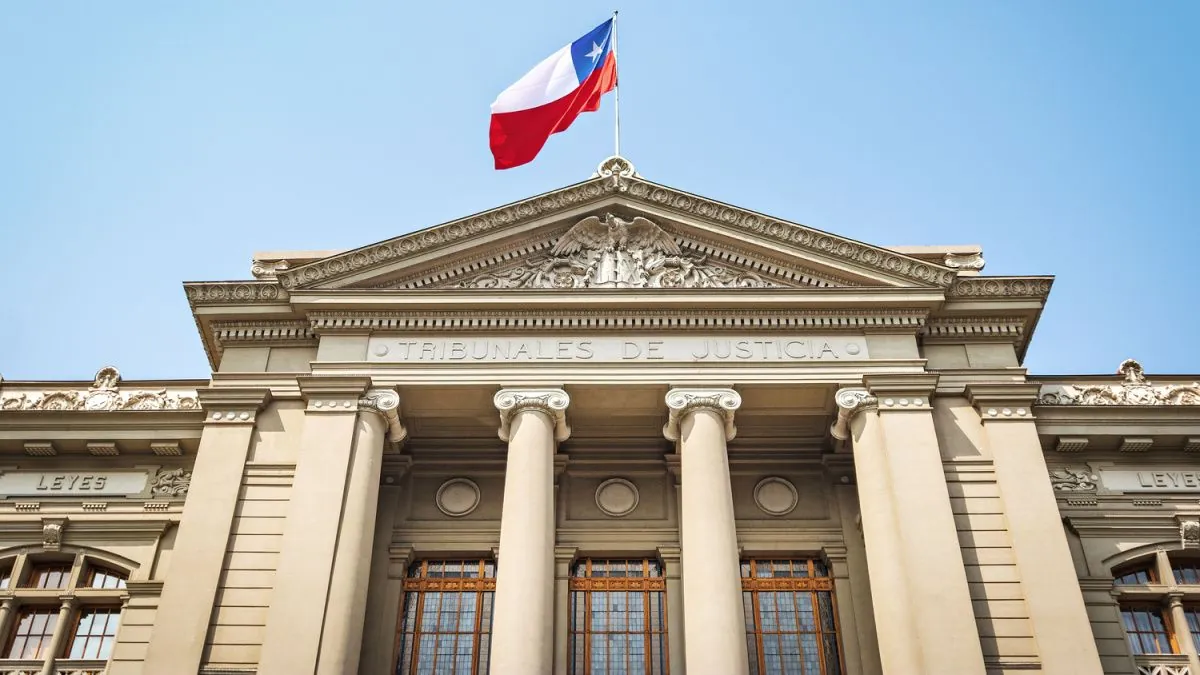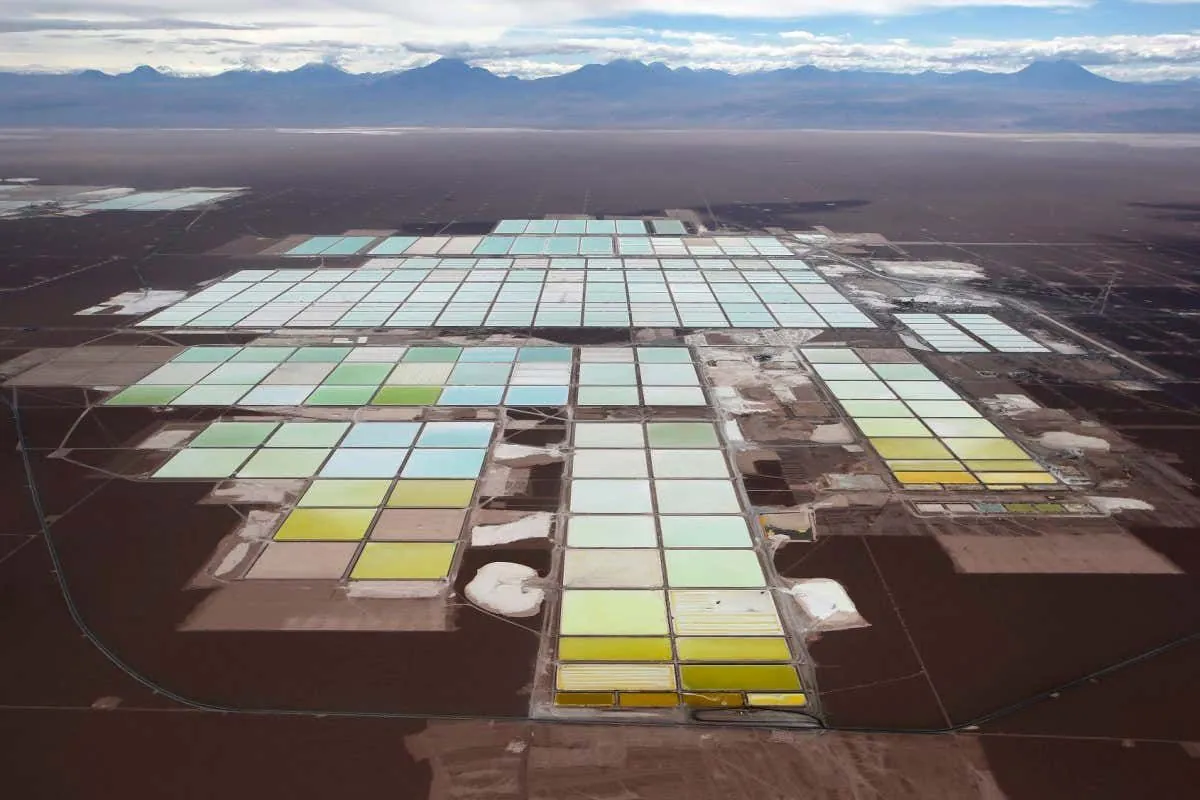Chilean Court Rejects Tianqi's Appeal in SQM-Codelco Lithium Deal
Chile's Supreme Court dismisses Tianqi's attempt to halt SQM-Codelco lithium agreement. The Chinese firm's argument for shareholder approval was previously rejected by Chile's financial regulator.

Chile's highest court has declined to intervene in a significant lithium industry development, marking a pivotal moment in the country's mineral sector. The Supreme Court of Chile has dismissed an appeal by Tianqi Lithium Corp, a Chinese firm, which sought to impede a lithium agreement between Sociedad Quimica y Minera de Chile SA (SQM) and the state-owned Corporacion Nacional del Cobre de Chile (Codelco).
Tianqi, which holds approximately 20% ownership in SQM, contended that the agreement should have been subject to SQM shareholder approval. However, Chile's financial regulatory body, CMF, had previously determined that such approval was not necessary.
The Supreme Court's decision was reported by La Tercera, a local newspaper. The court stated, "The Supreme Court is not an appellate court," indicating it would only rule on such matters under exceptional circumstances, which it deemed were not present in this case.
This ruling comes after Tianqi had unsuccessfully petitioned an appeals court to halt the deal while the arguments were being analyzed. The company's request for comment on the Supreme Court's decision has not received an immediate response.
Despite the legal challenges, SQM and Codelco have expressed confidence in their agreement and anticipate commencing their partnership in approximately 10 months. This collaboration is set to position the Chilean state as the majority shareholder in the venture.

The lithium industry holds significant importance for Chile, which ranks as the world's second-largest lithium producer after Australia. The Atacama Salt Flat, located in Chile, is recognized as the planet's largest lithium reserve. This partnership between SQM and Codelco represents a strategic move in the global lithium market, which is projected to experience substantial growth due to increasing demand for electric vehicles and electronic devices.
Codelco, primarily known as the world's largest copper producer, is diversifying its portfolio by entering the lithium sector. This shift aligns with Chile's efforts to maximize benefits from its vast lithium resources, which are part of the "lithium triangle" that includes Argentina and Bolivia, collectively holding over 75% of the world's lithium reserves.
While the lithium industry has been a significant contributor to Chile's economy, it has also raised environmental concerns, particularly regarding water usage in the arid regions where lithium is extracted. The Chilean government has been working on developing a new national lithium strategy to balance economic benefits with environmental sustainability.
The Supreme Court's decision effectively clears a significant hurdle for the SQM-Codelco partnership, potentially accelerating Chile's plans to enhance its position in the global lithium market. As the world increasingly shifts towards renewable energy and electric transportation, the outcome of this legal dispute could have far-reaching implications for the future of Chile's lithium industry and its role in the global supply chain.
"The Supreme Court is not an appellate court"
This development underscores the complex interplay between private industry, state interests, and international investors in Chile's strategically important lithium sector. As the partnership moves forward, it will be closely watched by industry observers and environmental advocates alike, given its potential impact on both the global lithium market and local ecosystems.


































